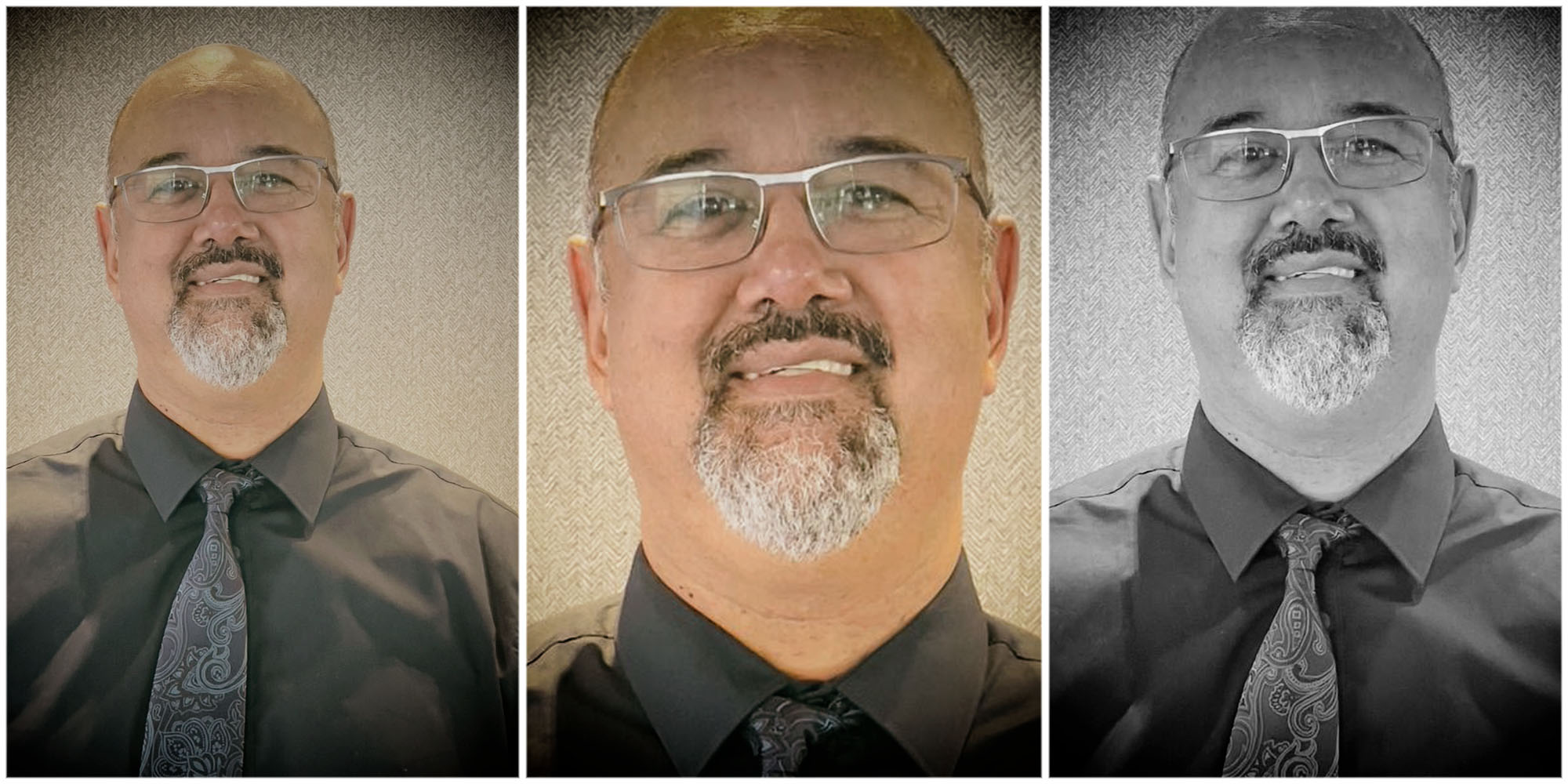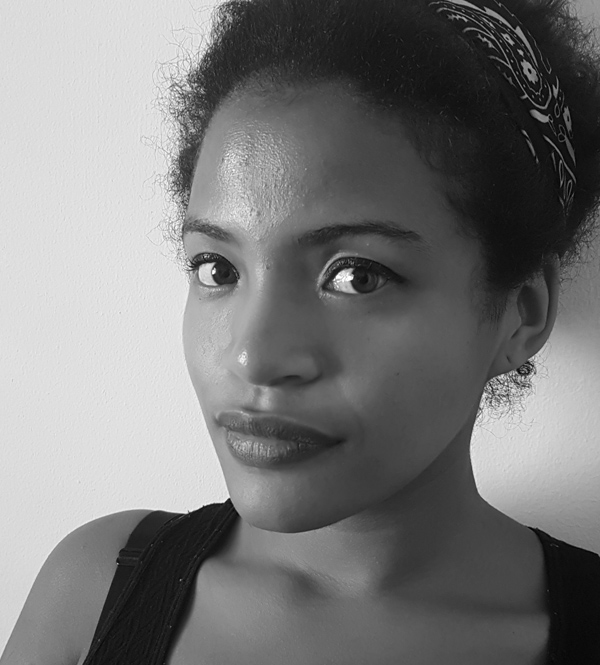Preparedness and improvements were a constant thread during an interview with Michael Hendrickse, the Western Cape provincial electoral officer, as the focus shifted from the May general elections to the 2026 local government elections.
His team in the Western Cape office of the Electoral Commission of South Africa (IEC) has already begun to prepare for not only the by-elections later this year in Cederberg and Stellenbosch, but also the local government elections in 2026.
Hendrickse spoke to Daily Maverick from the IEC’s office in Bellville days after six by-elections in the province.
Reflecting on the 29 May voting day and the long lines seen in some areas of the country, including the Western Cape, Hendrickse said that while he was heartened to see people queuing because they wanted to take part in a democratic process, “as an election management body, you don’t want queues… We should be better prepared to deal with it.”
When asked how he would rate his team – who managed 1,572 voting stations across the province – he said: “I’ll give the team a pass mark.”
He said there were difficulties in some areas, but, at the same time, it was ordinary South Africans who stood up and worked for the IEC during the voting campaign.
“They come and work for us and they were doing an overall very awesome job,” said Hendrickse.
Recent by-elections
Two days before Daily Maverick’s interview, Hendrickse was in Beaufort West for three by-elections. He recalled talking to a presiding officer who oversaw voting at a sheep-shearing barn, and they thanked each other.
“I’m so humbled by ordinary South Africans who come out and do this job for whatever reason, and they still come back and they keep working for the IEC.”
There were six by-elections in the Western Cape last week – the first since the general elections. Alongside the three by-elections in Beaufort West, three were held in Cape Town. While Cape Town’s turnout ranged between 20-22%, the voter turnout in Beaufort West was much higher.
In Beaufort West’s case, the by-elections resulted in changes to the council.
Read more in Daily Maverick: DA snatches outright control of Beaufort West, crushes competition in Cape Town wards
“So that spurred on a lot of parties to get people going and get people out… It was, like, between 55 to 61% turnout, which is excellent for local government by-elections, but normally not so good.”
Hendrickse put this down to a combination of political parties putting in the extra effort, but also voters knowing that “here’s the opportunity for us to decide how we want our ward to be governed”.
Looking back
The conversation turned to the elections and how some parties raised concerns about ballots not being counted or miscounted.
As the DA reaches one million votes in the Western Cape- which it runs- parties disrupt them. Parties are complaining of several irregularities including votes not being counted. The local IEC says parties should submit their complaints- which many have done. @dailymaverick pic.twitter.com/zMduNyJpSc
— Suné Payne (@SunePayne) May 31, 2024
At the Western Cape results centre, Hendrickse was seen constantly talking to parties, even when they had disrupted proceedings, making claims of votes not having been captured correctly.
“There is always a challenge … sometimes it’s amazing how people think you have power,” he said, adding that parties wanted the IEC to fix certain issues, but he was only able to advise that they go through the formal objection process.
Hendrickse said that while the IEC worked with political parties outside elections, during election periods, even the nicest guys would “become such a different person”. At the same time, Hendrickse said, party representatives needed the time and space to vent.
“It’s just natural – when you’re not getting what you expected, you’re disappointed.
“There were many of them that were disappointed, and I get it, so you have to allow them to vent. You have to see it in context.”
Hendrickse said he informed parties with grievances of the processes they could follow.
“I told them, you know, you sign a code of conduct that says, accept the result or challenge it in court. There’s a process where you can put your evidence up there and then we can deal with it – the commission has dealt with the objections.”
Next steps
With local government elections in 2026, Hendrickse said it was important to have more “structured engagement with our NGO and community organisations because they have a footprint out there… they can reach people more than we can”.
Other aspects that need attention include working more closely with Chapter 9 institutions such as the Human Rights Commission and Public Protector instead of operating in silos.
He said his team needed to continue dispensing civic education, especially during the non-election years, while staff would continue to receive training ahead of by-elections and the local government elections.
“We will now be looking at what the demarcation board is going to be doing,” said Hendrickse.
‘I just want to help people’
During his legal career, Hendrickse worked as an attorney and a public prosecutor, as well as a legal affairs officer at Home Affairs. He also served as Justice Albie Sachs’ clerk at the Constitutional Court.
He also worked in human resource management for the Western Cape government. Previously, he had worked for the IEC for 12 years as a senior manager for electoral matters.
When asked how these experiences shaped his views on democracy, he said: “I think the fundamental thing for me is my belief in our constitutional democracy and the values that underpin it… And I think those values infuse everything that I do as an official.
“In fact, looking at the Constitution, I think that Section 237 says you carry out all your obligations diligently and without undue delay… I think those are the only two standards that really matter to any public servant – do it diligently, which means you must do it to the best of your ability, and, second, don’t delay in doing what you need to do.”
“I realised long ago, when I was still doing my articles, that I’d never be a successful attorney. People in my community would come and ask for help and I wouldn’t charge them, or they’d just give me a vetkoek in return for advice. I knew I would never make a success of it because I would just be helping people for free.” DM





